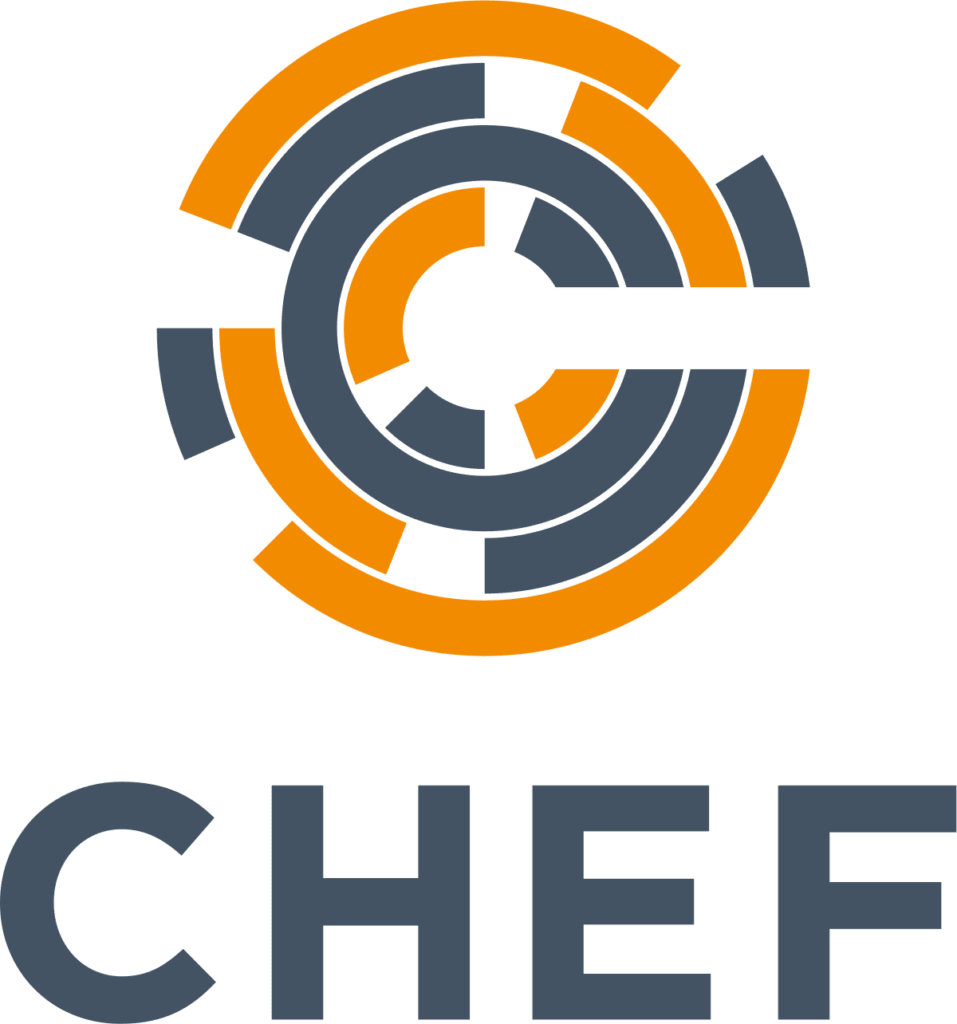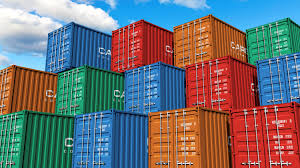Tag: Container
How to Install Jenkins on AlmaLinux
Jenkins is an open-source continuous integration server. It is a tool for continuously compiling and testing software projects. In the field of Continuous Integration (CI), the concepts from CI are combined with those from Continuous Delivery (CD) — also known as Continuous Deployment — in the CI/CD pipeline. See our The Best DevOps Tools for Infrastructure Automation for more information about this growth area in advanced software development techniques.
How to Install and Configure Podman on Ubuntu 20.04
What is Podman?
Podman (Pod Manager) is a tool used to develop, manage, and run containers and images. It can perform functions that support and modify container images and also retrieve and tag containers.
How Does Containerization Work?
Introduction
If you're invested in the world of web development, you might have already heard of containerization and all its advantages or even enjoyed them yourself by using one of the many available containerization solutions. It’s not an exaggeration to say that software containerization has changed the world, just as the change from bare metal to virtual machines (VMs) did.
How to Store Secrets in Kubernetes
What is a Secret?
A Kubernetes Secret is an object that enables us to store and manage sensitive information. A Secret can contain data like SSH keys, OAuth data, or other user authentication information like passwords. It is typically stored within a cluster in a manner native to Kubernetes. Using a Secret object provides more granular control over how highly sensitive data is used. It also lowers the risk of data exposure to unauthorized parties.
How to Install and Configure KubeKey
What is KubeKey?

KubeKey is the newest Kubernetes installer for KubeSphere. KubeSphere is a distributed OS management system for cloud-native applications using Kubernetes as its kernel. It provides a plug-and-play structure for seamless integration of many third-party applications. It is somewhat similar in nature to MiniKube for installing Kubernetes.
Using Telepresence to Improve Microservice Development

What is Telepresence?
Initially developed by Datawire, Telepresence is a new open-source tool supported by the CNCF (Cloud Native Computing Foundation). It allows developers to run local software while connected to a remote Kubernetes cluster. The application uses a two-way network proxy to simulate TCP connections, environmental variables, and other volumes of services as local processes. This link allows for remote work to be accomplished while seemingly local to the cluster via the proxied connection.
A Beginner’s Guide to Chef on CentOS 8
What is Chef?

Chef is an open-source configuration management DevOps tool used for configuration and management of multiple systems in infrastructure. Using Chef, we can use so-called recipes and cookbooks to automate and speed up managing multiple systems in our environment. By using Chef, we can adjust every system in our environment to our desired state, which we defined using the code in recipes. In the process, code is continuously tested and deployed using Chef.
How to Install Jenkins on Ubuntu 20.04
How to Install Jenkins on CentOS 8
What is Jenkins?
Jenkins is an open-source software written in Java and Scala. This software allows users the ability to automate almost any task and, it saves significant time that can be better utilized addressing other issues. When automating tasks with Jenkins, users can optimize their workflow by quickly automating the jobs that servers cannot do themselves. In this tutorial, we will learn how to install Jenkins on CentOS 8. We will also explore what its purpose is and share several benefits that Jenkins offers. We will then configure it to run on our CentOS 8 server.
What is Containerization?

Containers are the future of application development and hosting. They enable DevOps, developers, and system administrators to build, test, deploy, and maintain applications quickly, securely, and efficiently. Tools built around the containerization concept provide simple solutions for basic web applications. These advanced granular configuration options provide the control many enterprise applications may need.
Our Sales and Support teams are available 24 hours by phone or e-mail to assist.

